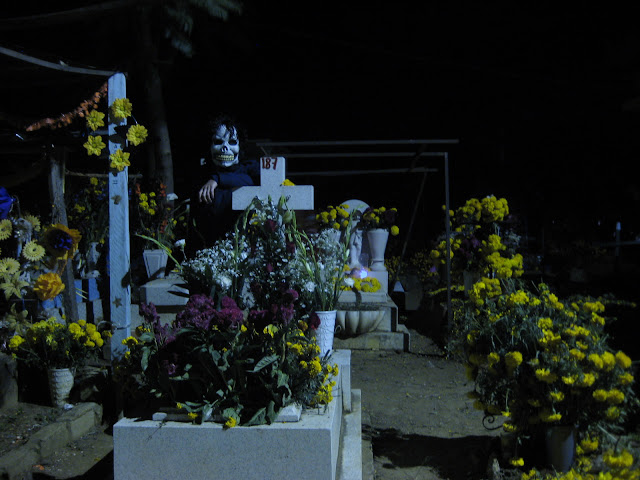Having died at sea, Shelley’s tomb is inscribed with Ariel’s song from The Tempest.
Shelley had originally planned to have himself buried in the old part of the Non-Catholic cemetery in Rome, near to his infant son. The story goes that in Shelley’s presence the supposed site of his son’s body was dug up so as to ensure its location. Instead of the body of an infant, the body of a grown man was found. Shelley, who must have been distraught at the implications of the absence of the boy’s body, was therefore forced to abandon the wish to be buried with his son, and had to settle for an approximation. In 1822, a year after Keats’ death, Shelley too joined him under the shadow of the Cestius pyramid. After only a few weeks there, “Byron’s Jackal”: Romantic hanger-on, groupie and all-purpose wild man Edward Trelawney exhumed Shelley’s ashes and had them reburied in another part of the cemetery, buying up the adjacent plot for himself, where he himself was buried nearly 60 years later. Trelawney seems unable to have kept his hands off Shelley’s remains: he had, during Shelley’s cremation on a Tuscan shore, reached into the pyre and plucked Shelley’s heart from the decomposed and flaming carcass.
Trelawney with Shelley as Severn with Keats: the surviving and less famous friend contrived to have themselves buried next to their heroes, ensuring that not just their remains but also their posterity will ever be undivided. A century later Gregory Corso, a beat poet, began riding the same coat-tails, successfully convincing the authorities to carry out his request to be buried at "the feet of Shelley". Somehow this grovelling-in-perpetuity, a search for reflected glory, has been mistaken for an achievement of linked memory. Why not quote Shelley in his epitaph if his intention was purely memorial? Now the story has overshadowed the man: Corso's tomb is not a testament to Shelley or indeed to Corso, but is an act in itself whose history supercedes its interred. It has become a memorial to itself, to its own assumed vanity.
The tomb of Shelley had recently been given an artless “makeover”, one of the cemetery’s proud expat volunteers told me. The “ugly old ivy” had been ripped up, and the whole thing surrounded by bark chips, like a children’s playground. A small ornamental maple (I would've called it an acer) had been planted on his grave. She had no idea why they had chosen a maple to plant on Shelley’s grave.
This intervention on Shelley’s tomb is a gross act, lacking in tenderness or meaning. The aesthetic taste of the current crop of volunteers, namely of late twentieth century horticultural bourgeoisie: gardens as decking and woodchip, has been imposed onto Shelley’s memory into posterity. A maple tree for no particular reason will now entwine through his bones. In one sense, for those whose understanding of the world is of a place that doesn't have quite enough right-angles, this is an improvement of Shelley’s grave. But in another, more accurate sense, it’s an act of staggering short-sightedness and arrogance. If the intention was to somehow improve Shelley’s grave, I fear the cemetery committee are labouring under a misapprehension. It is not possible to improve a grave qua grave, other than stopping it from falling into complete disrepair. As a site of poetic pilgrimage, this grave’s purpose is to be a focal point for those who wish to remember Shelley. As such it should allow a space for connection and reflection, a little doorway into an imagined place in which we the living can summon some ephemeral sense of the departed.
Gone from here the wild violets and ivy of old, the wild memory of Shelley: the eloping lover, the romantic poet, adventurer and soldier, cremated on a Tuscan shore, laid to rest amongst the rambling idyll of this place, under the shadow of the pyramid, shepherds reposing nearby (cf Keats). Welcome instead Shelley: tidy and material, bijou yet deceptively spacious, benefiting from a dual aspect and enviable transport links, refitted, brushed-up, unsentimental. Shelley’s tomb, through the wanton contemporaneality of a few people, no longer suggests anything rich or strange.
Saturday, 29 August 2009
Subscribe to:
Post Comments (Atom)








No comments:
Post a Comment